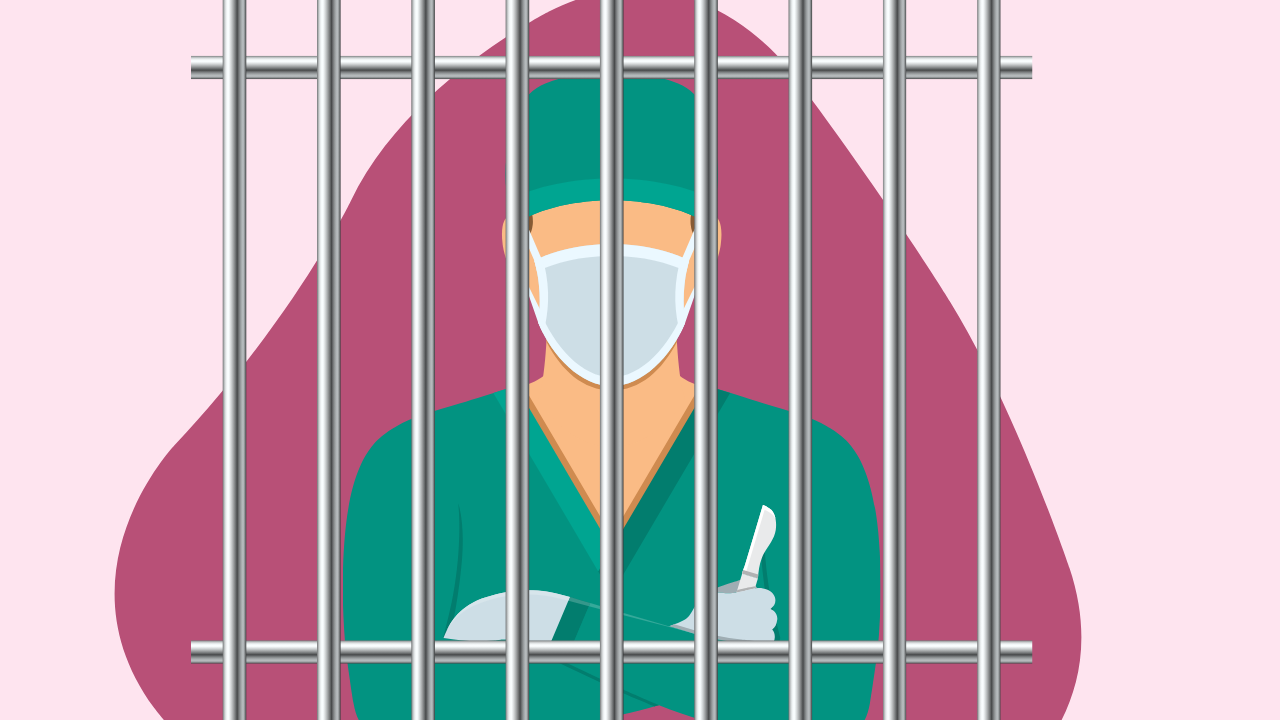Younger Women Face More Aggressive Breast Cancers

A puzzling trend has long confounded experts: younger women diagnosed with the disease often confront more aggressive tumor types than their older counterparts.
This phenomenon has sparked a fervent quest for answers, delving into the intricate factors driving this stark contrast in cancer behavior.
Recent investigations have illuminated several critical elements contributing to the heightened aggressiveness of breast cancer in younger women. Central to this narrative is the diverse landscape of breast cancer itself—a complex tapestry of subtypes, each wielding distinct molecular signatures and clinical trajectories. Notably, younger women frequently encounter aggressive variants such as triple-negative breast cancer (TNBC) and human epidermal growth factor receptor 2-positive (HER2+) tumors, notorious for their rapid growth and metastatic potential.
At the heart of this disparity lie the interwoven threads of genetics and environment. Younger women afflicted with breast cancer often harbor a higher prevalence of genetic mutations, notably the notorious BRCA1 and BRCA2 mutations, heralding an elevated susceptibility to aggressive cancer manifestations. Moreover, lifestyle choices, including obesity, alcohol consumption, and sedentary habits, further fuel the flames of tumor aggressiveness in this demographic, adding layers of complexity to the disease's trajectory.
Hormonal dynamics also emerge as a pivotal player in shaping tumor behavior. Unlike their older counterparts, younger women's tumors frequently exhibit diminished expression of estrogen and progesterone receptors, rendering traditional hormone therapies less efficacious. This distinctive hormonal milieu necessitates innovative treatment paradigms tailored to target the nuanced molecular pathways propelling tumor progression in this cohort.
Compounding these challenges is the timing of diagnosis—a critical juncture where delays can have profound implications. Younger women often encounter hurdles in timely diagnosis, stemming from misconceptions about breast cancer risk at a younger age, sporadic screening practices, and symptom recognition hurdles. Consequently, tumors may advance to advanced stages, necessitating aggressive therapeutic interventions that impact overall prognosis and survivorship.
Addressing the complex interplay of factors contributing to the aggressive nature of breast cancer in younger women demands a multifaceted strategy. Enhanced education campaigns emphasizing the imperative of early detection and proactive screening, particularly for high-risk individuals, are paramount. Expanded access to genetic testing and counseling services is essential to pinpointing those with hereditary predispositions to aggressive cancer phenotypes. Furthermore, concerted research endeavors must be directed towards developing precision therapies tailored to the unique molecular landscapes of tumors in younger women, optimizing treatment outcomes while mitigating adverse effects.
In the tapestry of breast cancer, the heightened aggressiveness observed in younger women emerges as a compelling enigma, woven from a tapestry of biological, genetic, environmental, and healthcare intricacies. By unraveling these complexities, we can chart a course towards improved outcomes and a future where age ceases to dictate the ferocity of cancer's onslaught.





